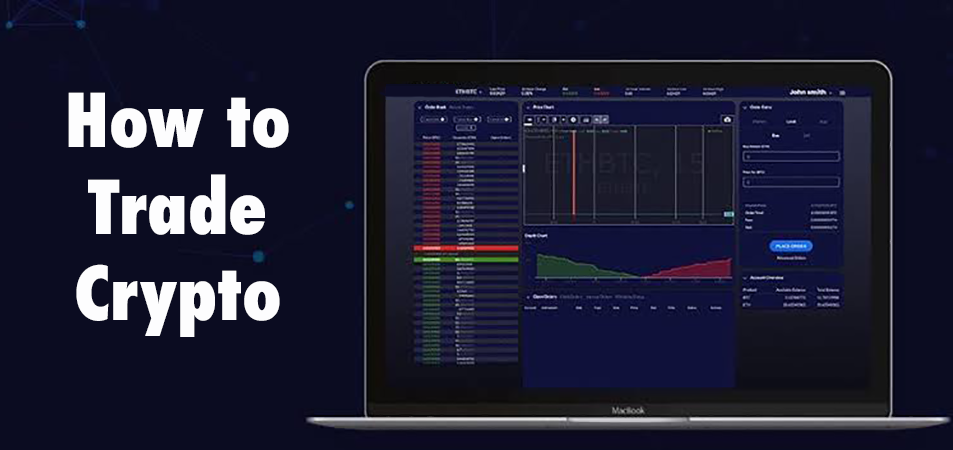Cryptocurrency trading is the act of hypothesizing on cryptocurrency rate movements by means of a CFD trading account, or purchasing and offering the underlying coins through an exchange. CFDs trading are derivatives, which enable you to speculate on cryptocurrency price movements without taking ownership of the underlying coins. You can go long (' buy') if you think a cryptocurrency will increase in worth, or brief (' offer') if you think it will fall.
Your profit or loss are still calculated according to the complete size of your position, so utilize will amplify both revenues and losses. When you purchase cryptocurrencies via an exchange, you purchase the coins themselves. You'll need to create an exchange account, put up the amount of the possession to open a position, and keep the cryptocurrency tokens in your own wallet up until you're prepared to offer.
Numerous exchanges likewise have limits on just how much you can transfer, while accounts can be extremely expensive to keep. Cryptocurrency markets are decentralised, which suggests they are not issued or backed by a main authority such as a federal government. Instead, they encounter a network of computer systems. However, cryptocurrencies can be purchased and offered by means of exchanges and kept in 'wallets'.
 To Trade Cryptocurrency ...blockgeeks.com
To Trade Cryptocurrency ...blockgeeks.com
When a user wishes to send cryptocurrency systems to another user, they send it to that user's digital wallet. The deal isn't considered final until it has actually been confirmed and added to the blockchain through a procedure called mining. This is likewise how new cryptocurrency tokens are usually developed. A blockchain is a shared digital register of tape-recorded data.
To select the very best exchange for your requirements, it is very important to fully comprehend the kinds of exchanges. The first and most typical type of exchange is the centralized exchange. Popular exchanges that fall into this classification are Coinbase, Binance, Kraken, and Gemini. These exchanges are personal business that offer platforms to trade cryptocurrency.
The exchanges noted above all have active trading, high volumes, and liquidity. That said, centralized exchanges are not in line with the approach of Bitcoin. They work on their own private servers which creates a vector of attack. If the servers of the company were to be compromised, the entire system could be closed down for a long time.
The bigger, more popular central exchanges are by far the simplest on-ramp for brand-new users and they even provide some level of insurance must their systems stop working. While this holds true, when cryptocurrency is bought on these exchanges it is saved within their custodial wallets and not in your own wallet that you own the keys to.
Ought to your computer and your Coinbase account, for example, become compromised, your funds would be lost and you would not likely have the ability to claim insurance. This is why it is essential to withdraw any large amounts and practice safe storage. Decentralized exchanges operate in the website same manner that Bitcoin does.
Rather, consider it as a server, except that each computer within the server is spread out throughout the world and each computer that makes up one part of that server is managed by a person. If among these computers turns off, it has no impact on the network as an entire because there are a lot of other computers that will continue running the network.